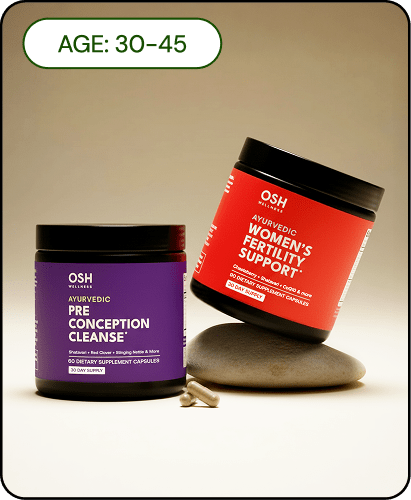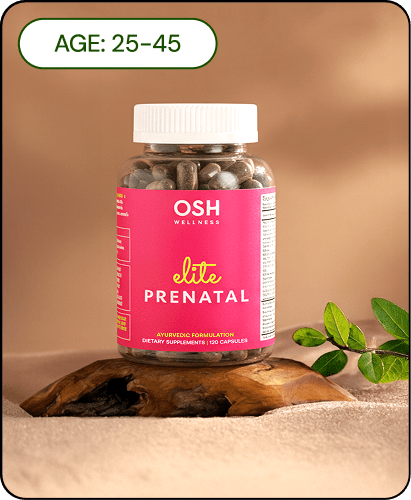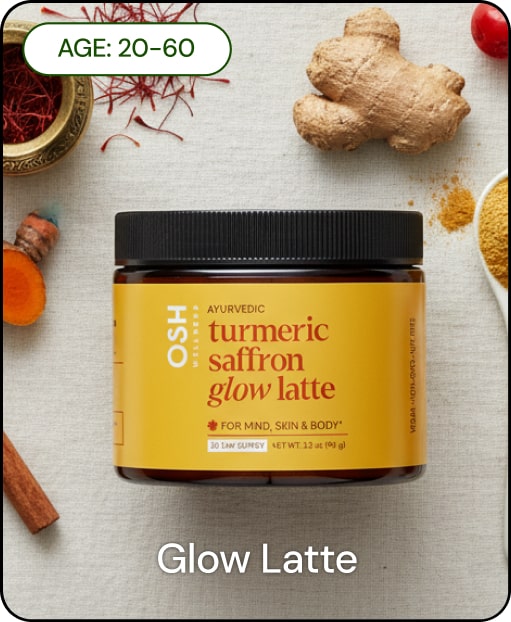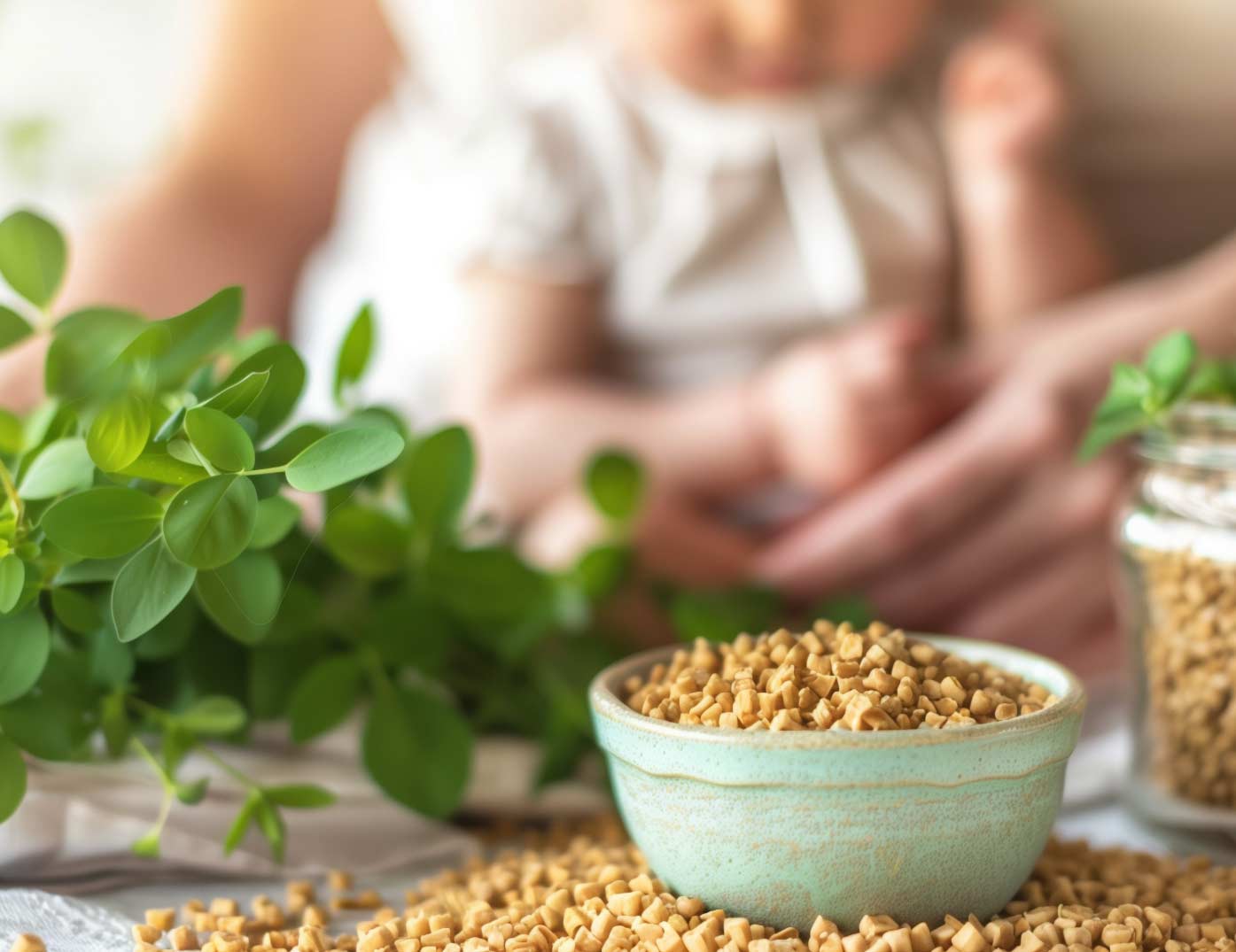Consider this: post childbirth, most of the mothers are sent home within 2-3 days, and often lack support at home other than their partner (who hopefully has a few days of paternity leave). New mothers are then expected to not only take care of the newborn, but also have no choice but to do daily chores too, overwhelming their bodies during the fragile stage of recovery. On top of that there are early stage baby struggles like baby not latching, not eating enough, waking up too frequently night, has colic, is spitting too much, and so on. Now imagine, being a new mom in the center of all this. The last thing on your mind will probably be your own health and nutrition.
It is not uncommon for new mothers to ignore their own health during postpartum period, the consequences of which we will discuss in a bit. With a little planning and foresight though, it is easy to fill the nutritional gap in mother's recovery. and this is what we are trying to achieve by making a postpartum nutrition plan.

Postpartum depletion is real
Growing a baby is a lot of fun and love filled experience, but there is no doubt that it takes a big toll on the mother's body and mind. During the development of fetus and late stages of pregnancy, a mother's body passes essential nutrients like iron, calcium, vitamin B, proteins and omega 3 fatty acids to the baby, building up baby's reserves while depleting the mother's. When a pregnant mother is craving for food, she is actually craving for nutrients, energy and fats to keep the reserves up both for baby and her own needs. It is the nature's way of ensuring both baby and mother remain healthy. A conscious effort needs to be made though to make sure the diet is nutrient dense and contains healthy fats, the way nature intended.
Depletion doesn't stop at pregnancy however. During childbirth and several weeks after that, mothers often lose a lot of blood, and burn up their iron reserves during the process. Breastfeeding mothers' bodies also witness nutrient depletion as they pass them to the babies through breast-milk, which is rich in nutrients and healthy fatty acids like lauric acid. Multiple babies, and back-to-back pregnancies can be even more detrimental to mother's health if not carefully planned for.
Postpartum phase can get really busy
It is no secret that postpartum period can be overwhelming, both emotionally and physically. While the weeks before childbirth seem too long sometimes with enough time to spare, things shift dramatically with a baby in the house. Parents have to juggle between multiple things, while they are short on sleep and sometimes clueless on what to do. Things are not very different for seasoned parents, as they have other kids in the house too who need to be taken care of.
During this busy phase, it can be very hard to focus on mother's diet and nutrition. Breastfeeding moms need 330-400 extra calories compared to an average adult woman, and may find themselves eating whatever food or snack they can lay their hands on. When unplanned, this could end up being empty calories and fats, like bags of chips or sugar loaded cookies.

Lack of postpartum support and resources
While there are numerous resources and support systems for pregnant women, after child-birth the focus shifts to the baby, and mother's health is often left in the shadows. In many cultures across the world, new mothers find themselves surrounded by a whole support system with multiple family members and friends, who work together to make sure that the mother remains well nourished and rested for at least first six weeks postpartum. With increasingly nuclear families and changing lifestyles, such support can be extremely hard to find.
Moreover, our healthcare system has no guidelines or recommendations for new mothers on what to eat or avoid, who then resort to online forums and chat groups trying to hunt for information. I experienced this personally when the first meal I was offered at the hospital after delivery was a burger. One doesn't even have to be a nutritionist to realize that it is not healthy for a new mother's weak body and digestive system. I later was shocked to learn that it is not uncommon for hospitals to offer burger, pasta or a pizza as the first postpartum meals (it was actually a defining moment as it lay the seeds of founding Osh Wellness).
This lack of guidance often comes to new mothers as a surprise, and trying to find answers on online forums and chat-groups can be a painstakingly long, confusing and frustrating process.
Studies show that the presence of healthy fats in breast-milk increases significantly (up to 3 times) within hours when mothers consume foods like coconut, walnuts etc, which are rich in such fats
Consequences of postpartum depletion
There are multiple factors that can contribute to postpartum depletion, even when the mother has every intention to take care of herself. When not properly dealt with, the effects of depletion can impact several years of a mother's life, with symptoms like lethargy, memory disturbances, and poor energy levels [1]. During pregnancy and breastfeeding, a mother's calcium reserves also get depleted. Studies have shown that women often lose 3 to 5 percent of their bone mass during breastfeeding [2]. Although they recover it rapidly after weaning, breastfeeding mothers should pay special attention to calcium and vitamin D in their diets to protect bone density.
When a mother's body is deprived of nutrients for too long, the quality of breast-milk may also start depleting. Breast-milk contains several essential fatty acids like lauric acid and capric acid that support baby's immunity with their anti-bacterial and antiviral properties. Studies show that the presence of these 'healthy fats' in breast-milk increases significantly (up to 3 times) within hours when mothers consume diet rich in such fats [3] (coconut is one of the best sources of lauric acid and capric acid). Same is true for other nutrients like omega-3 fatty acids, and vitamin A, B, C, E and K. Although the body prioritizes breast-milk composition over mother's reserves, continued lack of proper nutrition in mother's diet will eventually start affecting the quality of breast-milk.
Though the link between nutrition and postpartum stress and anxiety is still being studied, there are emerging evidences showing link between PPD/PPA and low levels of B vitamins, magnesium, zinc, and selenium [4] . Postpartum depletion can thus even induce stress and anxiety, which can impact a mother's overall health and may also start affecting others around her.

Postpartum depletion may even happen under the disguise of being well-fed, which not the same thing as being well-nourished.
Why planning ahead is important
It is easy to underestimate how busy things get in months after child-birth, even for second time parents. Even when things are under control, postpartum depletion may happen under the disguise of being well-fed, which not the same thing as being well-nourished. A mother may be conscious about eating right during postpartum, but may simply have no time to do the required research on which foods are best for her.
The good news is that with a little planning ahead, most of these problems can be efficiently dealt with. I recommend expecting mothers to spare a couple of hours planning for their postpartum nutrition. By spending just 2 hours before delivery, mothers can not only make sure they are well nourished during their recovery, but will avoid so much hassle & frustration of figuring out what to eat postpartum. This also means they will be able to focus much more on the baby, knowing that their own health is well covered.
Make a postpartum nutrition plan now
If you are pregnant, make sure you have a nutrition plan ready along with your birth plan, which is usually a couple of weeks before the expected due date. If you are already a new mom, it is still not late, and investing a little thought to map out your next few weeks can work wonderfully for your recovery.








